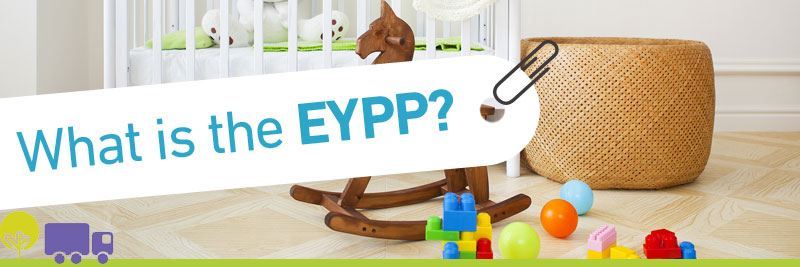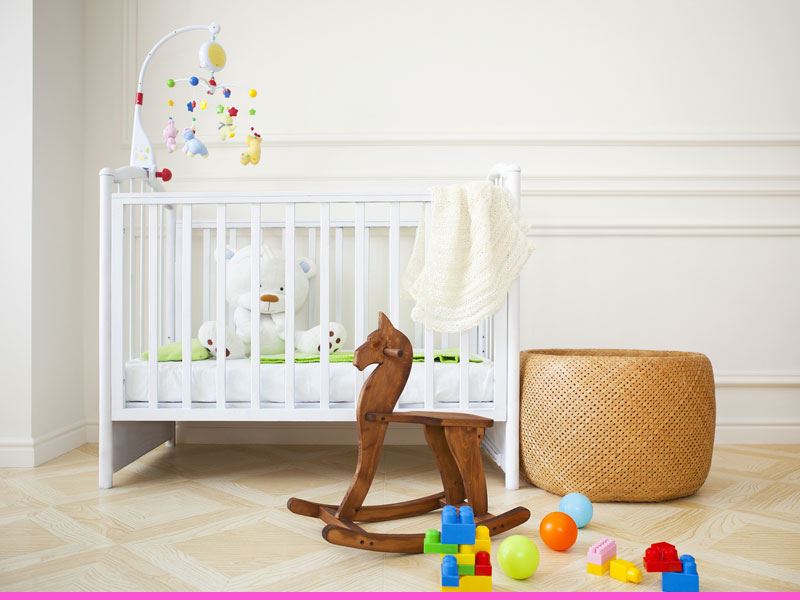Earlier this year the Department for Education announced an Early Years Pupil Premium (EYPP) grant for councils and providers of care for young children. Currently, they are running a trial of it with 7 local authorities between January and March, 2015. The feedback from these trials will be worked on and improved upon before it is fully introduced in April 2015.
What is the EYPP?
In a nutshell, the early years pupil premium is additional funding available for early years settings (Nurseries, childminders other such establishments) to improve the education they provide for disadvantaged 3 and 4-year-olds.
Eligibility
3 and 4 years olds, who’re in state funded education, will attract EYPP funding if they meet at least one of the following criteria:
Their family gets on of the following:
Income support
Income based Jobseekers’ Allowance
Income-related Employment and Support Allowance
Support under part VI of the Immigration and Asylum Act 1999
The guaranteed element of State Pension Credit
Child Tax Credit (Provided they’re also not entitled to Working Tax Credit and have an annual gross income of no more than £16,190)
Working Tax Credit run-on, which is paid for 4 week after they stop qualifying for Working Tax Credit
Universal Credit
They have been in local-authority care for 1 day or more in England or Wales
They have been adopted from care in England or Wales
They have left care under a special guardianship order or residence order in England or Wales
Funding
In the financial year of 2015 to 2016, the government will base the initial amount of EYPP funding each individual local authority receives based on an estimate of the number of eligible children who uptake the entitlement. This estimate will be calculated via a culmination of how many 3 and 4 year olds take up their entitlement to free early education, as well as how many older children take free schools meals, in your area.
The government will then collect data about EYPP uptake, in autumn 2015. Therefore, you should proactively record:
How many eligible children in your area are taking up their entitlement to EYPP
How many hours of early years provision these children are receiving
The reasons as to why these children are eligible.
The data collected will help to fine tune and adjust the figures to ensure that the right amount of funding can be provided for 2015 to 2016.
You can read more on EYPP on gov.uk:
https://www.gov.uk/early-years-pupil-premium-guide-for-local-authorities
Back



